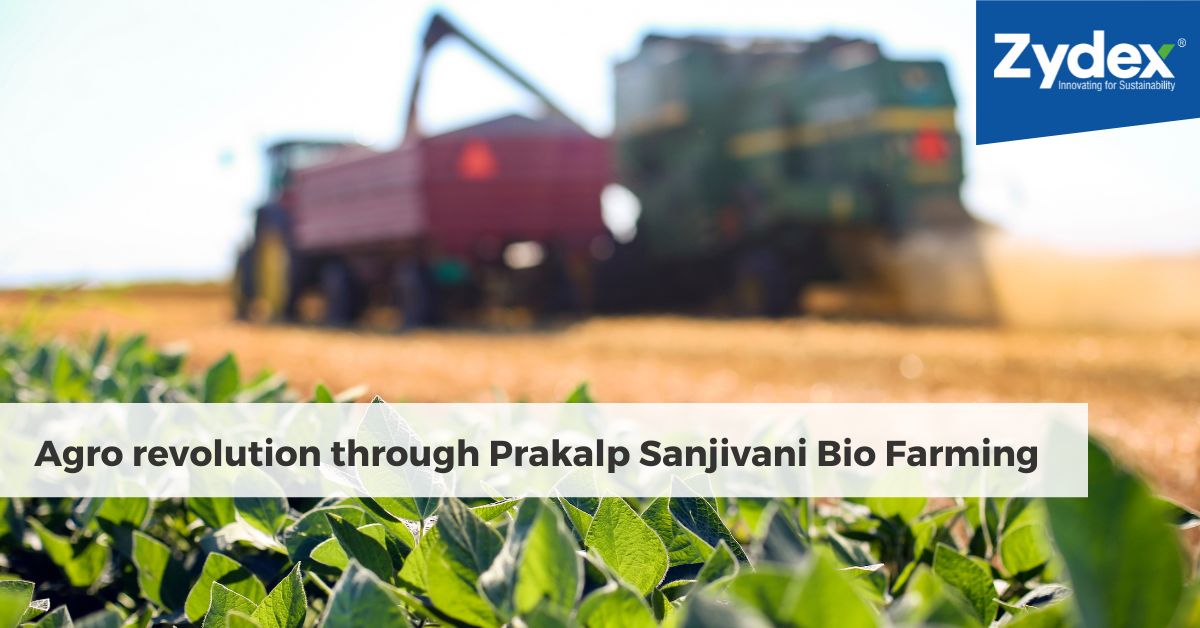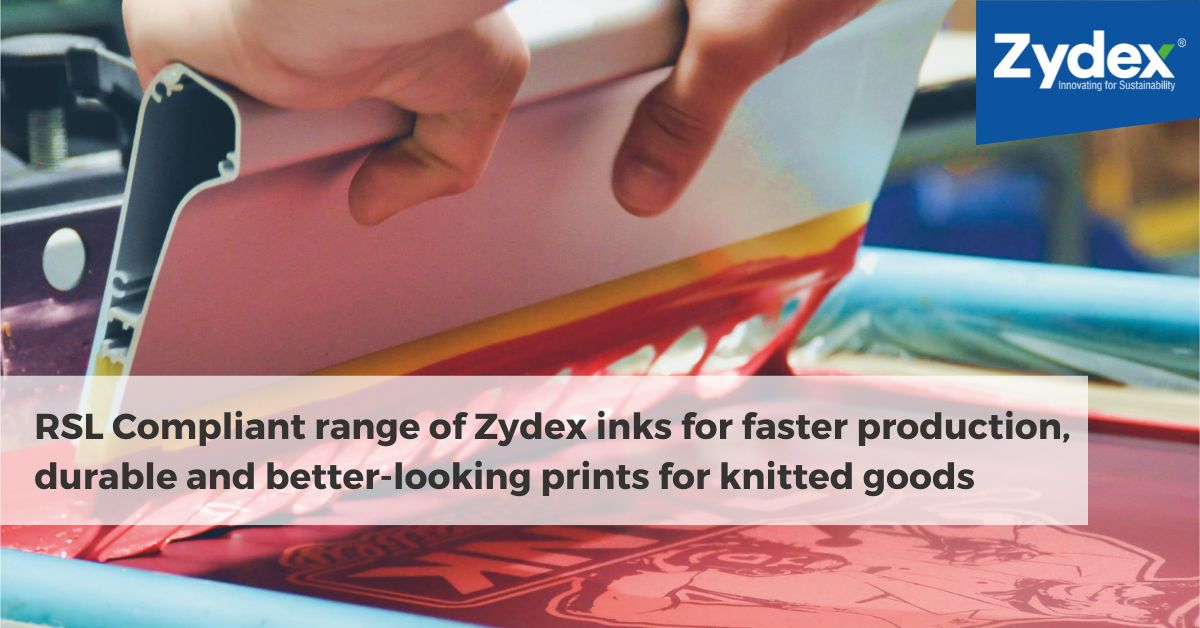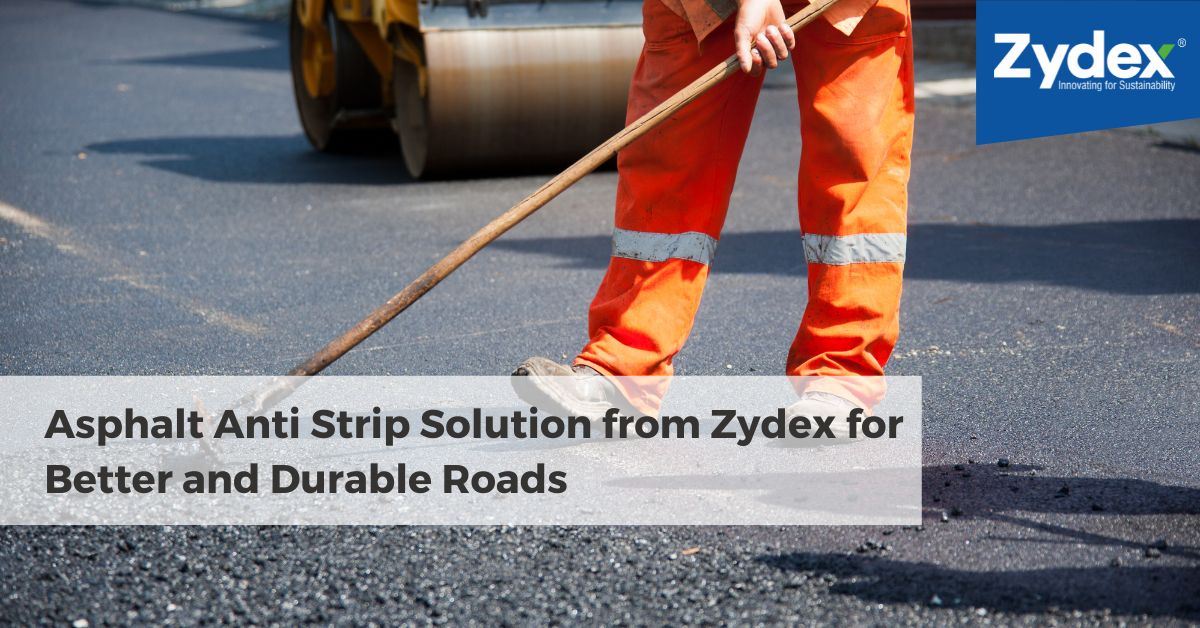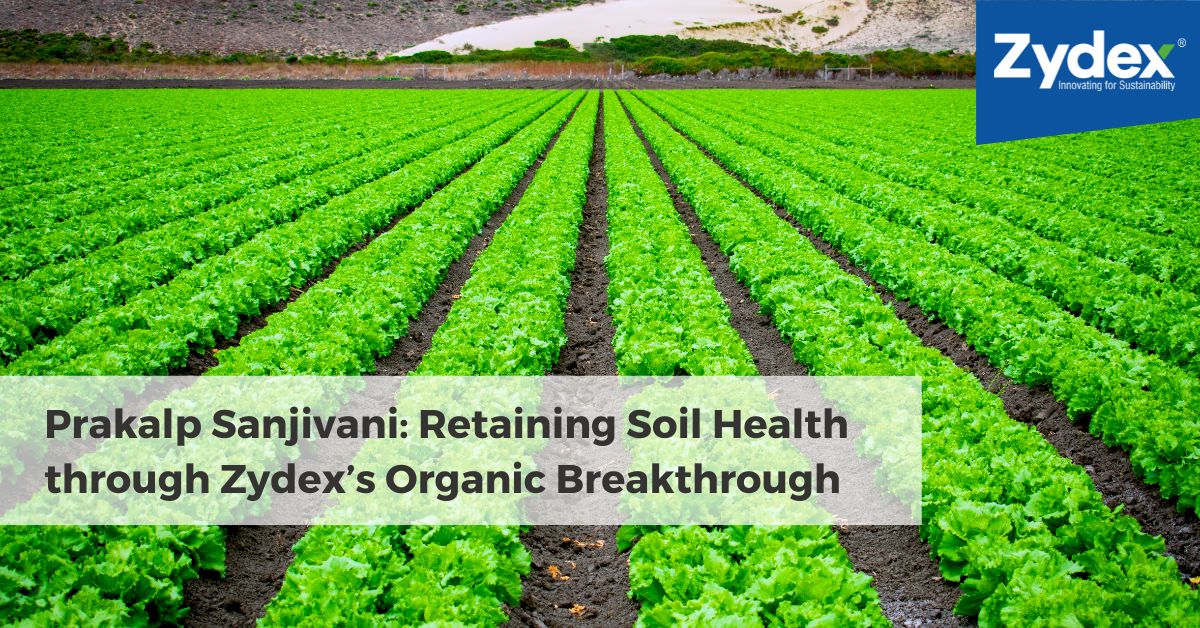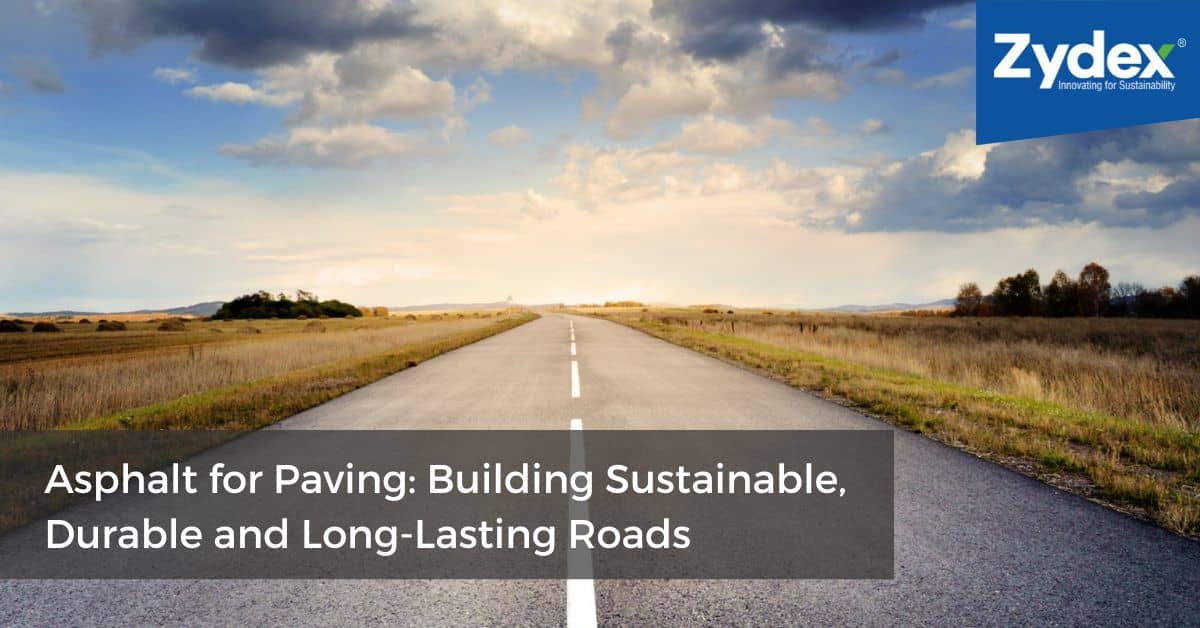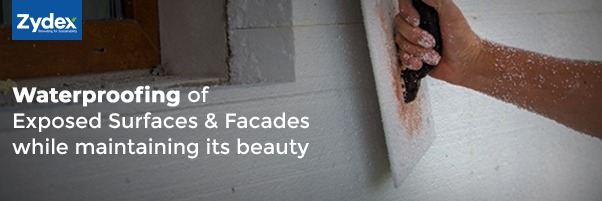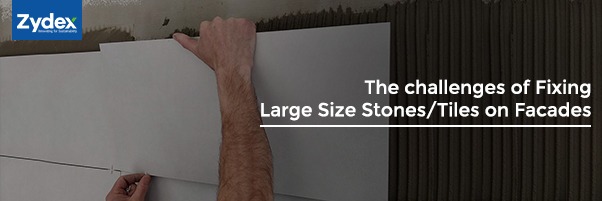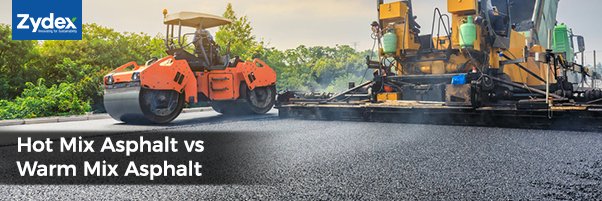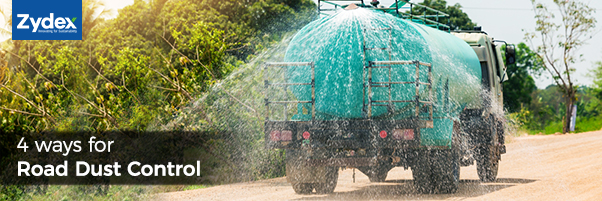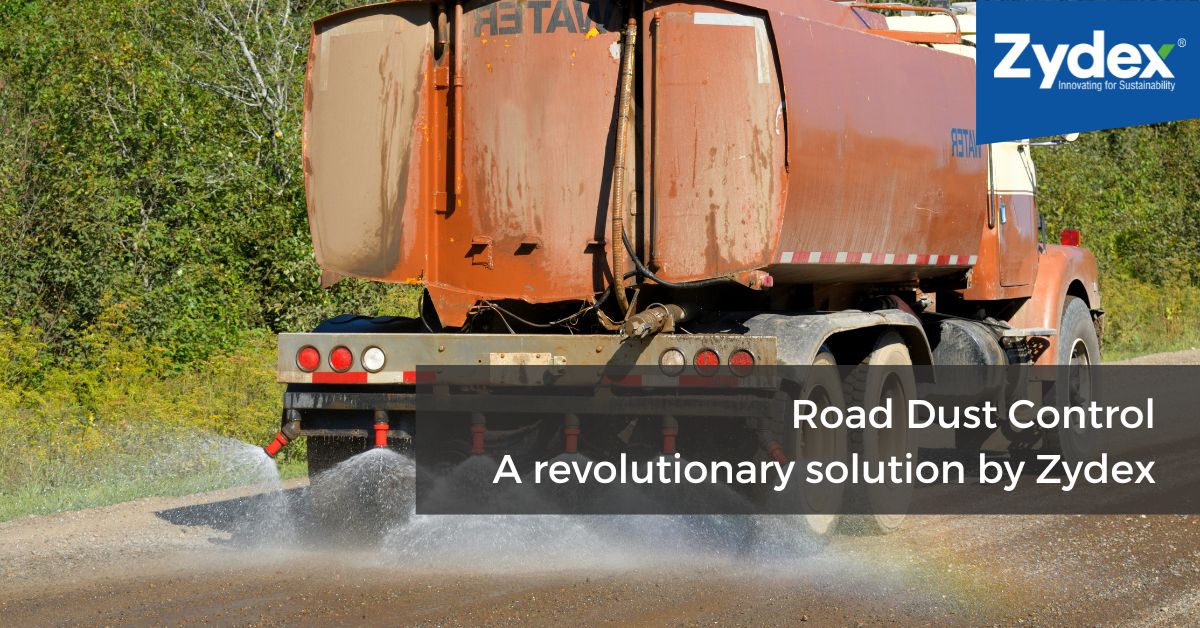With the world turning towards organic and sustainable ways of farming, bio-farming or organic farming has gained acceptance and popularity. Bio-farming is nothing but using organic and eco-friendly ways for farming especially organic fertilizers such as compost and green manure, cow dung manure, vermicompost, etc. Zydex introduces a revolutionary solution ‘Prakalp Sanjivani’ to adopt bio-farming by making it profitable.
Why Bio-farming?
Organic farming through biofertilizers is a foolproof solution to combat the issues arising due to chemical farming. Some of the common ones being loss of fertility in the soil, hardness of soil, poor crop quality and excess water consumption. Bio-farming makes the soil rich and prepares it for good quality crops. Moreover, it is environment friendly, cost-effective, and profitable. It produces harvest with higher nutritional value and no hazards of chemical toxicity.
How does Zydex contribute to bio-farming?
Zydex’s Zytonic Godhan is a part of ‘Prakalp Sanjivani’ protocol. It ensures complete transformation of animal dung and other wastes into humus rich manure. It makes the manure, odour free and effective in just 45-60 days. It is simple to prepare and does not require much manual work. After the manure is ready, it can be easily spread in the fields and the results are path breaking – rich and organic chemical free crops, fruits and vegetables.
Results in India
In India, numerous farmers have completely switched to organic farming through Zytonic Godhan and are yielding visible results. This is one of Zydex’s many baby steps to make India organic. If you are a farmer, manure distributor or supplier, join in this mammoth task of promoting bio farming in your own circles. Connect today.


